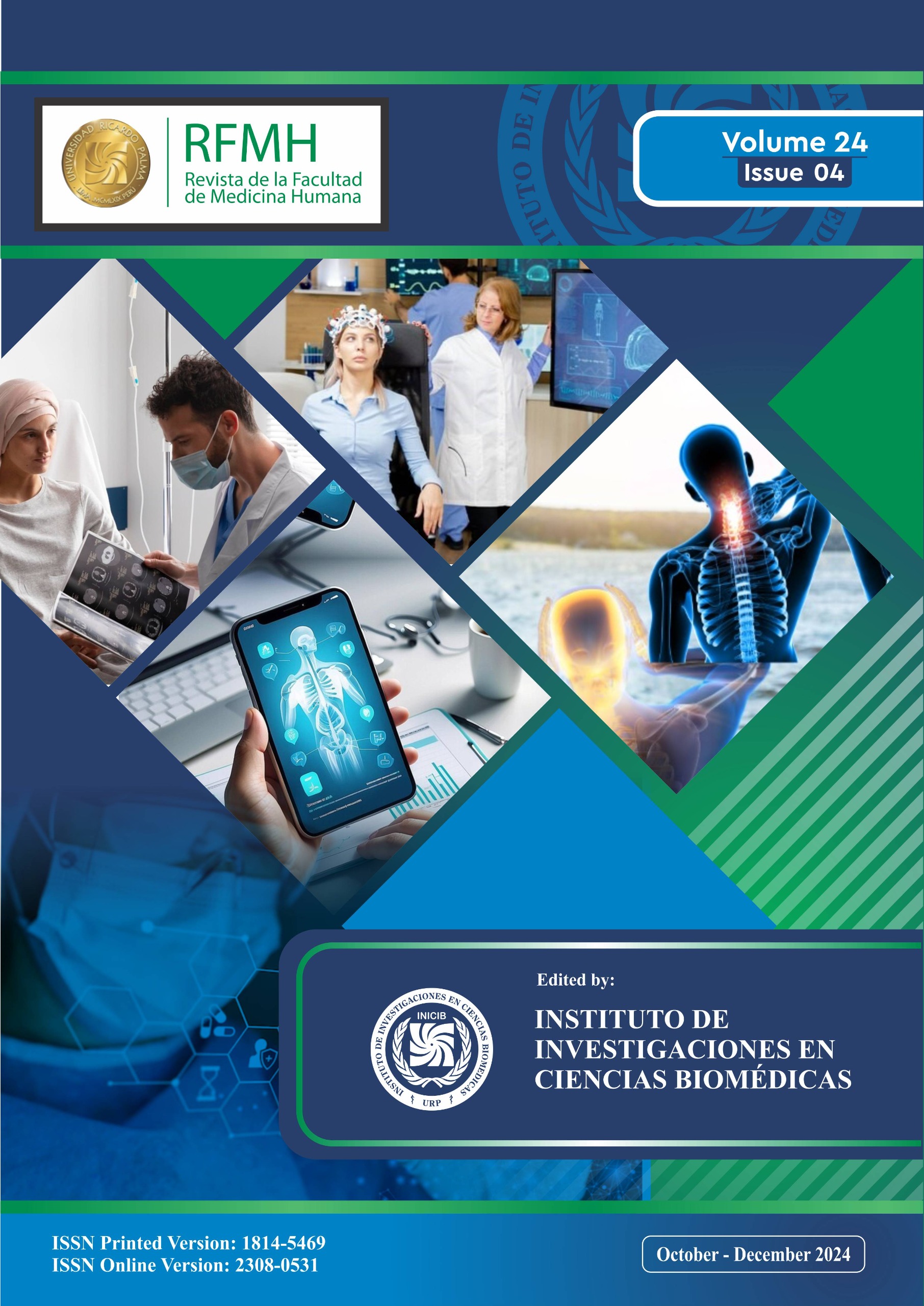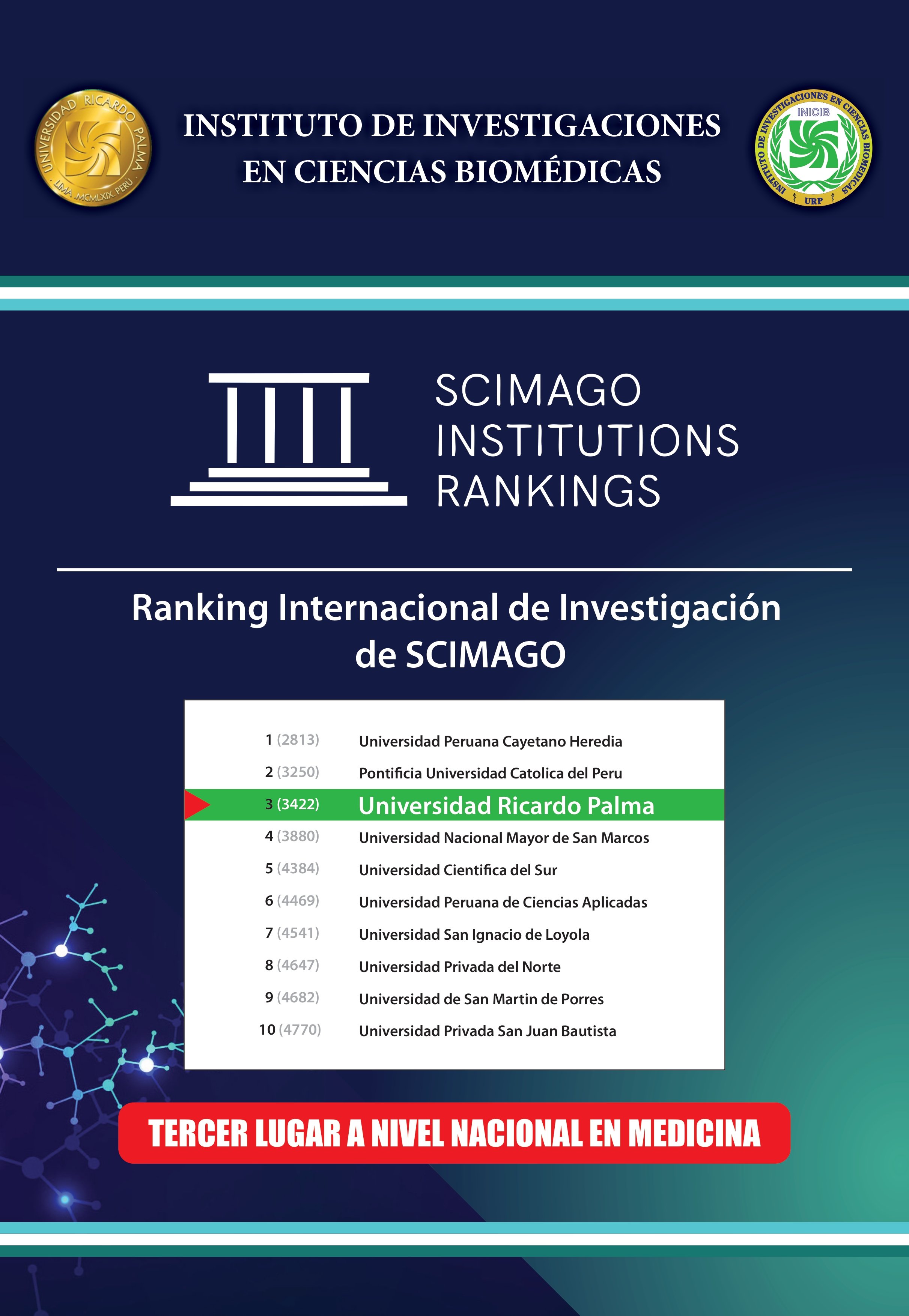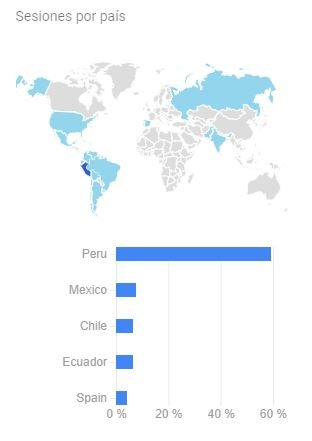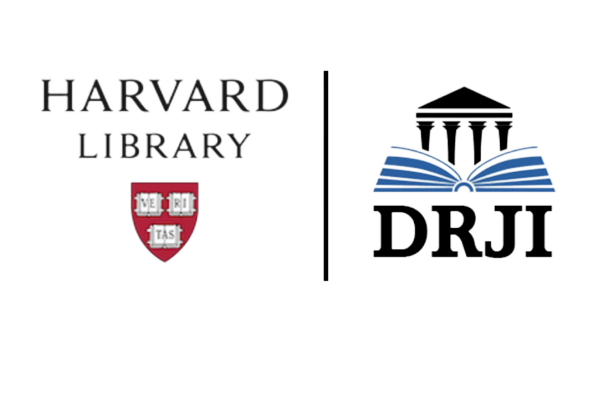Is diet quality affected by nutritional knowledge and practices in individuals doing regular physical activity?: A cross-sectional study
¿La calidad de la alimentación se afecta por conocimientos y prácticas nutricionales en individuos que realizan actividad física regular?: Un estudio transversal
Keywords:
Diet quality, Physical activity, Eating habits, Nutritional knowledge, Nutritional practiceAbstract
Background: This study aimed to determine the relationship between diet quality and nutrition knowledge (CN) and nutrition practices (NP) of people who perform physical activity (PA) regularly. Methods: Two hundred healthy individuals who attended the gym at least three times a week were studied. The quality of the diet is calculated using the Healthy Eating Index-2015 (HEI-2015). Linear regression models were used multiplex to assess associations between NC and PN scores and dietary variables. Results: Of the participants, 47.0% had poor NC and 48.0% had poor NP. It was determined that the PN scores were significantly associated with whole grain, seafood, and herbal protein and quality total diet (p < 0.05), while CN scores were not associated with the quality of the diet or its components (p > 0.05). A one-unit increase in CN score resulted in a 26.7% increase in snack consumption adjusted for age, sex, educational level, body mass index (BMI), smoking, alcohol consumption, and activity physical (PA)( p < 0.001). The evaluation of the PN score was related to the main meals (β = 0.065±0.013; 95% CI 0.04–0.09; p < 0.001), snack consumption (β = 0.029±0.014, 95% CI 0.01–0.06; p < 0.05), and total quality of diet (β = 0.894±0.329; 95% CI 0.24–1.54; p < 0.05). Additionally, about 17% of the variability in the PN score could be explained by CN scores. Conclusions: Elevated NC was associated with an increase in BW scores and indirectly with an increase in diet quality. In order to see the beneficial effects of PA on health, people must rely on a healthy diet, increasing your CN.
Downloads
References
Thomas, D. T., Erdman, K. A. & Burke, L. M. Position of the Academy of Nutrition and Dietetics, Dietitians of Canada, and the American College of Sports Medicine: Nutrition and Athletic Performance. J. Acad. Nutr. Diet. 116, 501–528 (2016). doi: https://doi.org/10.1016/j.jand.2015.12.006
Ozdoǧan, Y. & Ozcelik, A. O. Evaluation of the nutrition knowledge of sports department students of universities. J. Int. Soc. Sports Nutr. 8, (2011). doi: https://doi.org/10.1186/1550-2783-8-11
Erdman, K. A., Tunnicliffe, J., Lun, V. M. & Reimer, R. A. Eating patterns and composition of meals and snacks in elite Canadian athletes. Int. J. Sport Nutr. Exerc. Metab. 23, 210–219 (2013). doi: https://doi.org/10.1123/ijsnem.23.3.210
Heaney, S., O’Connor, H., Michael, S., Gifford, J. & Naughton, G. Nutrition knowledge in athletes: A systematic review. International Journal of Sport Nutrition and Exercise Metabolism vol. 21 248–261 (2011). doi: https://doi.org/10.1123/ijsnem.21.3.248
Cupisti, A., D’Alessandro, C., Castrogiovanni, S., Barale, A. & Morelli, E. Nutrition knowledge and dietary composition in Italian adolescent female athletes and non-athletes. Int. J. Sport Nutr. 12, 207–219 (2002). doi: https://doi.org/10.1123/ijsnem.12.2.207
Baio, J. et al. Prevalence of autism spectrum disorder among children aged 8 Years - Autism and developmental disabilities monitoring network, 11 Sites, United States, 2014. MMWR Surveill. Summ. 67, 1 (2018).
Farina, E. K. et al. Diet quality is associated with physical performance and special forces selection. Med. Sci. Sports Exerc. 52, 178–186 (2020). doi: https://doi.org/10.1249/MSS.0000000000002111
Spronk, I., Heaney, S. E., Prvan, T. & O’Connor, H. T. Relationship between general nutrition knowledge and dietary quality in elite athletes. Int. J. Sport Nutr. Exerc. Metab. 25, 243–251 (2015). doi: https://doi.org/10.3390/ijerph18084251
Rash, C. L., Malinauskas, B. M., Duffrin, M. W., Barber-Heidal, K. & Overton, R. F. Nutrition-related knowledge, attitude, and dietary intake of college track athletes. 22, 1–10 (2008). doi: https://doi.org/10.3390/nu12061865/
Supriya, V. & Ramaswami, L. Knowledge, Attitude And Dietary Practices Of Track And Field Athletic Men And Women Aged 18-22 Years. undefined (2013). Disponible en: https://internationaljournalcorner.com/index.php/ijird_ojs/article/view/134032
Batrakoulis, A. European Survey of Fitness Trends for 2020. ACSM’s Health and Fitness Journal vol. 23 28–35 (2019). doi: https://doi.org/10.1249/FIT.0000000000000523
Cunha, C. B. V. Da, Klain, I. P., Rombaldi, A. J. & Leitao, J. C. Association between Body Image Dissatisfaction and Goals for Physical Activity Practice in Fitness Center. OALib 05, 1–11 (2018). Disponible en: https://www.scirp.org/pdf/OALibJ_2018052216163340.pdf
King, H. A., Gierisch, J. M., John W Williams, J. & Maciejewski, M. L. Effects of Health Plan-Sponsored Fitness Center Benefits on Physical Activity, Health Outcomes, and Health Care Costs and Utilization: A Systematic Review. (2012). Disponible en: https://www.ncbi.nlm.nih.gov/books/NBK114680/
Beedie, C., Mann, S. & Jimenez, A. Community fitness center-based physical activity interventions: A brief review. Current Sports Medicine Reports vol. 13 267–274 (2014). doi: https://doi.org/10.1249/JSR.0000000000000070
World Health Organization. WHO/Europe | Nutrition - Body mass index - BMI. (2003). doi: https://doi.org/10.1097/NT.0000000000000092
Sperandei, S., Vieira, M. C. & Reis, A. C. Adherence to physical activity in an unsupervised setting: Explanatory variables for high attrition rates among fitness center members. J. Sci. Med. Sport 19, 916–920 (2016). doi: https://doi.org/10.1016/j.jsams.2015.12.522
Noronha, D. C. et al. Nutrition Knowledge is Correlated with a Better Dietary Intake in Adolescent Soccer Players: A Cross-Sectional Study. J. Nutr. Metab. 2020, 3519781–3519781 (2020). doi: https://doi.org/10.1155/2020/351978
Hornstrom, G. R., Friesen, C. A., Ellery, J. E. & Pike, K. Nutrition Knowledge, Practices, Attitudes, and Information Sources of Mid-American Conference College Softball Players. Food Nutr. Sci. 02, 109–117 (2011). doi: https://doi.org/10.1155/2020/3519781
WHO, W. H. O. Obesity and overweight. Disponible en: https://www.who.int/news-room/fact-sheets/detail/obesity-and-overweight (2020)
OECD, O. for E. C. and D. Overweight or obese population. Disponible en: https://www.oecd-ilibrary.org/social-issues-migration-health/overweight-or-obese-population/indicator/english_86583552-en (2020)
Pandit-Agrawal, D., Khadilkar, A., Chiplonkar, S. & Khadilkar, V. Knowledge of nutrition and physical activity in apparently healthy Indian adults. Public Health Nutr. 21, 1743–1752 (2018). doi: https://doi.org/10.1155/2020/3519781
Worsley, A. Nutrition knowledge and food consumption: can nutrition knowledge change food behaviour? Asia Pacific journal of clinical nutrition vol. 11 Suppl 3 S579–S585 (2002). doi: https://doi.org/10.1046/j.1440-6047.11.supp3.7.x
Rosenbloom, C. A., Jonnalagadda, S. S. & Skinner, R. Nutrition knowledge of collegiate athletes in a Division I National Collegiate Athletic Association institution. J. Am. Diet. Assoc. 102, 418–420 (2002). doi: https://doi.org/10.1016/s0002-8223(02)90098-2
Birkenhead, K. L. & Slater, G. A Review of Factors Influencing Athletes’ Food Choices. Sports Medicine vol. 45 1511–1522 (2015). doi: https://doi.org/10.1007/s40279-015-0372-1
Kullen, C. J., Farrugia, J. L., Prvan, T. & O’Connor, H. T. Relationship between general nutrition knowledge and diet quality in Australian military personnel. Br. J. Nutr. 115, 1489–1497 (2016). doi: https://doi.org/10.1017/S0007114516000532
Almoosawi, S., Palla, L., Walshe, I., Vingeliene, S. & Ellis, J. G. Long sleep duration and social jetlag are associated inversely with a healthy dietary pattern in adults: Results from the UK national diet and nutrition survey rolling programme Y1–4. Nutrients 10, (2018). doi: https://doi.org/10.3390/nu10091131
Wanders, L. et al. Impact of prolonged sitting and physical activity breaks on cognitive performance, perceivable benefits, and cardiometabolic health in overweight/obese adults: The role of meal composition. Clin. Nutr. (2020) doi: https://doi.org/10.1016/j.clnu.2020.10.006. doi: 10.3390/nu10091131
USDA, H. 2015 Dietary Guidelines Advisory Committee Report. (2015). Disponible en: https://health.gov/sites/default/files/2019-09/Scientific-Report-of-the-2015-Dietary-Guidelines-Advisory-Committee.pdf
Kant, A. K. Eating patterns of US adults: Meals, snacks, and time of eating. Physiol. Behav. 193, 270–278 (2018). doi: https://doi.org/10.1016/j.physbeh.2018.03.022
Miller, R., Benelam, B., Stanner, S. A. & Buttriss, J. L. Is snacking good or bad for health: An overview. Nutr. Bull. 38, 302–322 (2013). doi: https://doi.org/10.1111/nbu.1204
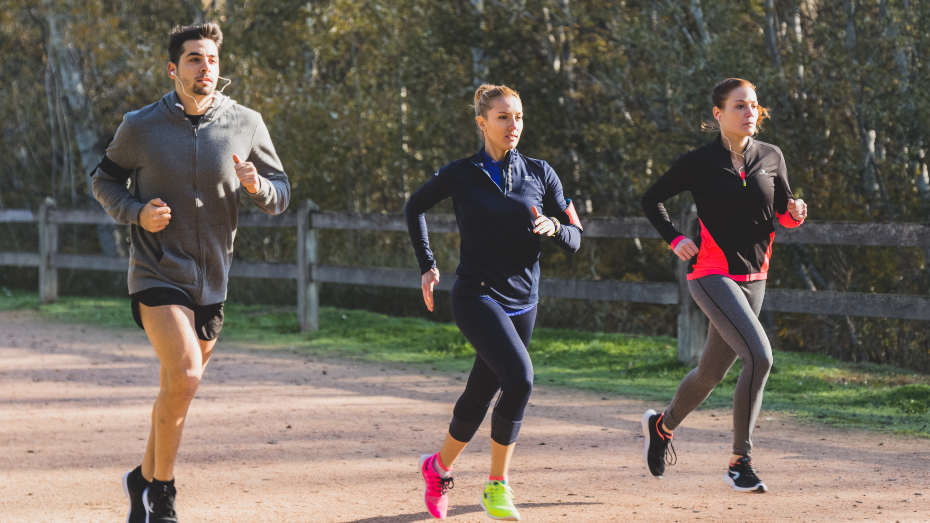
Downloads
Published
How to Cite
Issue
Section
License
Copyright (c) 2023 Revista de la Facultad de Medicina Humana

This work is licensed under a Creative Commons Attribution 4.0 International License.



